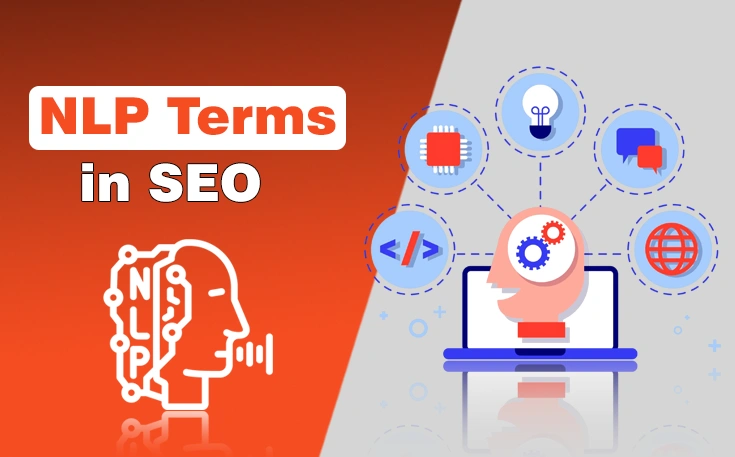If you are interested in the world of FinTech and the technology that safeguards our finances, you are going to have an insightful experience. I have been researching how innovations such as blockchain and zero-trust security are revolutionizing the industry.
You can think of it as constructing a strong fortress around your bank account. And that is extremely hard to breach. Being a tech enthusiast, I can imagine that this dynamic combination represents the future of financial security.
In this blog post, I will discuss why blockchain-backed zero trust frameworks are FinTech’s new security frontier.
Why Zero Trust Matters for FinTech?
It’s essential to remember that trust is crucial when it comes to online banking. I have learned that the Zero Trust Framework is all about never assuming someone or something is safe, even within your own system.
For FinTech, where hackers often target cash, this is a significant concern. I have seen how data breaches cost millions, and blockchain-backed zero trust stops that by checking everyone and every time. Keep in mind that it is like having a security guard at every door, which keeps your money secure.

It is a brutal reality that with more people banking online, the risks grow. You may have noticed that cyberattacks are becoming more frequent, especially targeting mobile apps.
Zero trust ensures that only the right people gain access, protecting my savings from thieves. It’s a must-have in today’s fast-moving financial world.
For firms adopting these changes, support from an AI and machine learning development services provider can help design advanced verification systems capable of identifying suspicious patterns in real-time, while reducing fraud and improving compliance.
Key Benefits of Zero Trust for Financial Services
Zero trust is more than just a buzzword because it offers real benefits for FinTech. I have checked out how it helps, and here’s what stands out.
- Reduced attack surface: Continuous authentication minimizes opportunities for unauthorized access. I have seen how it verifies my ID for every transaction, reducing the chances for hackers to slip in.
- Stronger compliance: Financial institutions can meet GDPR, PCI DSS, and other regulatory requirements more effectively. I have learned that this helps avoid fines and builds trust with regulators.
- Real-time risk assessment: The integration of AI and blockchain enables the monitoring of transactions as they occur. I have watched how it flags weird activity instantly, like a personal security guard.
- Scalability: Frameworks can grow with the company, supporting both startups and established enterprises. I have noticed that both small apps and big banks can utilize it, scaling up as needed.
These benefits make blockchain-backed zero-trust frameworks a game-changer. It saves time, keeps rules in check, and grows with my business.
Blockchain as the Backbone of Zero Trust
Blockchain is the superhero behind zero-trust security in FinTech. I have been amazed at how this technology, now known, secures data for its use in cryptocurrency.
It’s a digital ledger that can’t be tampered with, ideal for keeping financial data secure. Pairing it with zero trust creates a shield that’s hard to break.
How Blockchain Strengthens Zero Trust
Blockchain adds muscle to zero-trust security by making data immutable. You may have also seen how it records every login or payment in a chain. If someone tries to hack it, the change sticks out like a sore thumb. This is why it forces constant verification, which is zero trust’s core.
It speeds up audits with every step logged, and compliance checks are a breeze. The security feels rock-solid, especially for large financial transactions.
Where AI Fits Into Blockchain-Backed Zero Trust
AI is the brain of this operation. I have also observed how it analyzes blockchain data in real-time, identifying risks quickly. As mentioned in web sources, it learns from patterns to predict threats, like a smart detective. This teamwork makes security proactive.
For example, if I transfer an unusual amount, the AI flags it instantly. This helps block fraud before it occurs, saving headaches, and this mix keeps finances one step ahead of trouble.
Challenges in Implementing Blockchain-Backed Zero Trust
First, keep in mind that it costs a lot; blockchain requires serious technology, and small firms struggle to afford it. And those who can afford it are aware that there is a learning curve for them. You had to invest time in training the team.
Another hurdle is integrating old systems with new ones. There are some companies whose outdated software clashes with blockchain. Additionally, keeping it running smoothly requires constant updates, which is found to be quite challenging.
Practical Steps for FinTech Firms
- First, make sure that you are ready to jump in. You will get some tips to make it work.
- Start a small test blockchain with a single department, such as payments.
- Then, select a zero-trust tool that suits your needs, such as BeyondTrust, and integrate it with blockchain.
- Next, train your team.
- I have attended workshops to get the hang of it, and it’s paid off.
- Finally, work with experts to tweak the setup. I learned that this keeps things secure and smooth. It’s all about taking it one step at a time.
The Future of Security in FinTech
The future looks bright! As you have read, blockchain and zero-trust security could utilize quantum technology next, making security even tighter. AI will become smarter, identifying risks before they occur. I’m excited to see how this protects my money as FinTech grows.
You may have also noticed more startups entering the market, pushing big banks to adapt. This competition will drive the development of better, safer tools. You can say that it’s just like a race to make a banking experience.
Conclusion
Blockchain-backed zero trust is reshaping FinTech security. It reduces risks through continuous checks and immutable records, saving time and headaches. I have seen how it meets rigid rules, scales with growth, and uses AI to stay ahead.
This is sure, setting it up has challenges, but the steps, starting small, training, and getting help make it doable.
According to my experience, this is the future of keeping cash safe. I would suggest trying it out with a small pilot project and observing the difference. FinTech’s new frontier is here, and you should be ready to protect all in 2025.
Need custom app with amazing features?
Get a Quote




